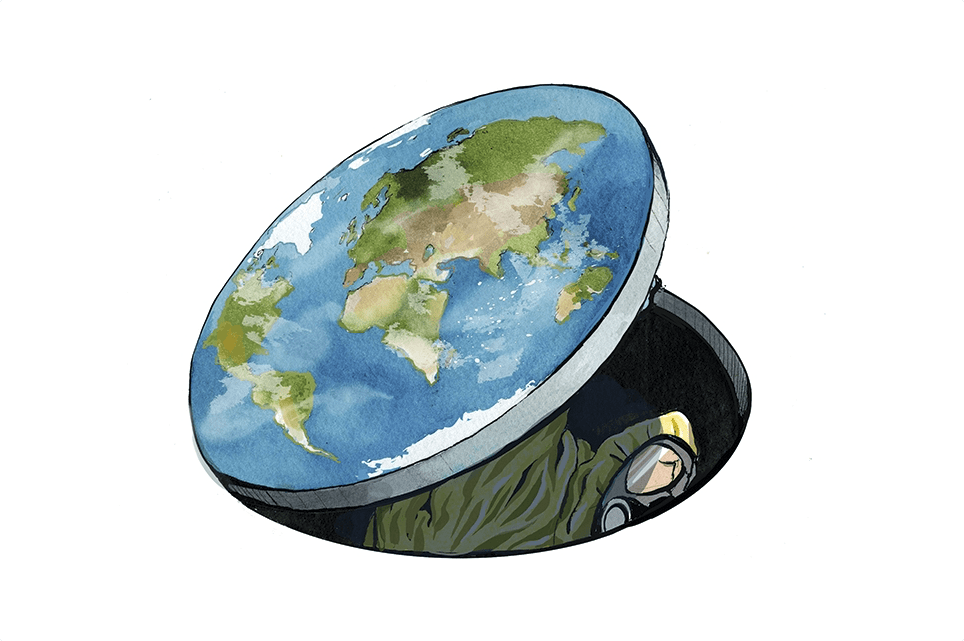That shutting people away in their homes for weeks on end was going to have a bad effect on mental health was clear from the start of the pandemic, even if the Covid Inquiry doesn’t seem to think it a proper subject to cover the negative consequences of lockdowns. But a poll published this week by the organisation More in Common reveals just how debilitating an effect the pandemic continues to have on a remarkably large section of the population.
More in Common asked the following question: ‘Thinking of the current health situation in the UK would you support or oppose the government reintroducing each of the following Covid-19 restrictions at the current time?’ It then listed a series of interventions which were used during the pandemic. The results are astounding. Apparently 45 per cent of us still think we should continue to be forced to wear face masks on public transport, 29 per cent think nightclubs should still be closed, 23 per cent think the ‘rule of six’ should be re-introduced, limiting social gatherings, even outside, to a maximum of six people. As for pubs and restaurants, 20 per cent of people think they should still be closed. The same proportion think rules should be reintroduced: ‘Only allowing people to leave their homes for essential shopping, 60 minutes of exercise, and work.’
In other words, two years after almost all of us had received two, if not three, Covid vaccinations, and long after life for many of us has returned fully to normal, a fifth of the population think that we should still be in full lockdown. Even more remarkably, it was young adults – those aged between 25 and 40, whose chances of succumbing to Covid were never more than minimal – who are most in favour of continued lockdown: 28 per cent of those are in favour, compared with 14 per cent of the over-75s.
There are various possible reasons for this. Firstly, people might have misinterpreted the question and thought they were being asked what should happen in the event of a new pandemic. Secondly, formerly furloughed employees may be fondly remembering the days when they didn’t have to go to work. Thirdly – and I feel more likely – there may be large numbers of people who have been traumatised by Covid in the same way that they have been traumatised by climate change.
The official Covid Inquiry might not want to address this
There is a very serious consequence to using fear as a means for governments to message the public: it generates hysteria. All those exaggerated graphs, all those adverts telling us to look NHS workers in the eye and tell them we never broke the rules, they have a lasting consequence. They have generated a breed of Morlocks who, long after the danger has passed, continue to be too scared to surface. This poll might go some way to explain the numbers of people who have disappeared from the workplace, and explain why many hospitality and arts venues are still struggling to survive. But above all, what have we done to people’s mental health by making them think that only permanent lockdown can save us?
The official Covid Inquiry might not want to address this, but the rest of us certainly should be discussing it.







Comments